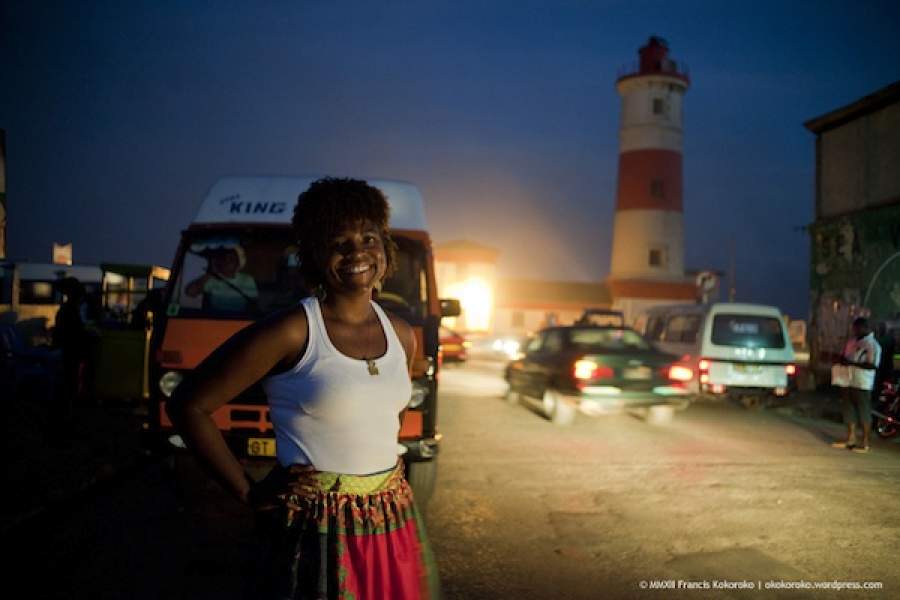My last post from Ghana, I think I’ve been here long enough to offer some of my ABCs of Accra for anyone who will be traveling to Ghana and especially for those who have already been and can relate:
Azonto. THE dance in Ghana. If there is music playing, chances are that someone is doing the azonto to it.
Banku. Traditional Ghanaian food made from fermented maize that’s cooked until it’s doughy. It’s most often eaten with tilapia or okra stew.
Church. A huge part of most Ghanaians lives.
Dust. The breeze coming off the ocean is a welcome relief from the heat, until you realize that it swirls around all of the dust, making it nearly impossible to keep anything clean.
Fufu. Similar to banku, it’s a staple food for Ghanaians made by pounding plantain and/or cassava until it forms a gooey starchy ball. It’s eaten with soup.
Goat. They wander the streets everywhere. After seeing one sacrificed I have developed a soft spot for the animals—I haven’t been able to eat goat meat since.Hot. Ghana has two seasons: rainy season (aka Ghanaian winter) and sweat rag season.
Independence Square. This spot celebrates a very significant period of Ghanaian history and is actively used as a common place for Ghanaians to come together as a nation, such as the recent funeral of the late President Mills.
Jollof. Delicious spicy rice.
Kente. Traditional woven fabric, unique to Ghana. It is worn for special occasions and given as a wedding gift.
Labadi beach. For relaxing Sunday afternoons or live music on Wednesday nights.
Makola market. In the middle of town, you can buy anything you need from used shoes to live chickens.
Nkrumah. Former Ghanaian president and dictator, widely celebrated around the country.
Osu/Oxford street/Obruni House. Osu is expat central in Accra. Oxford street in the middle of Osu is a busy strip of shops, restaurants, street vendors and bars. Obruni House, as it is affectionately known, was my first home in Ghana and sees a steady stream of expats passing through its rooms.
Psquare. They’re actually Nigerian but “Chop my Money” is always playing somewhere in Accra.
Quiet. There isn’t much of it. Between shops blasting music, weddings, funerals and cars honking, quiet space in Accra is hard to come by.
Republic. A popular night spot, located mostly on a sidewalk and usually packed with expats and locals on weekends.
Sachets. Water, ice cream, gin, tea. If it’s a beverage, chances are you can buy it in a plastic sachet.
Tro tro Traffic. The experience of Accra traffic can only be made worse by being in the back of a packed tro tro on a hot day.
Unpaved roads.
Volta. Not in Accra, but the river is of significant importance in Ghana, especially as a source of electricity.
Why? Ghanaians love to ask “why?” accompanied by the signature hand gesture.
Xylophones.
Yams. Boiled yams. Fried yams. Delicious yams.
Zoom Lion. The company that removes trash from the gutters in Accra—an indispensible service.

